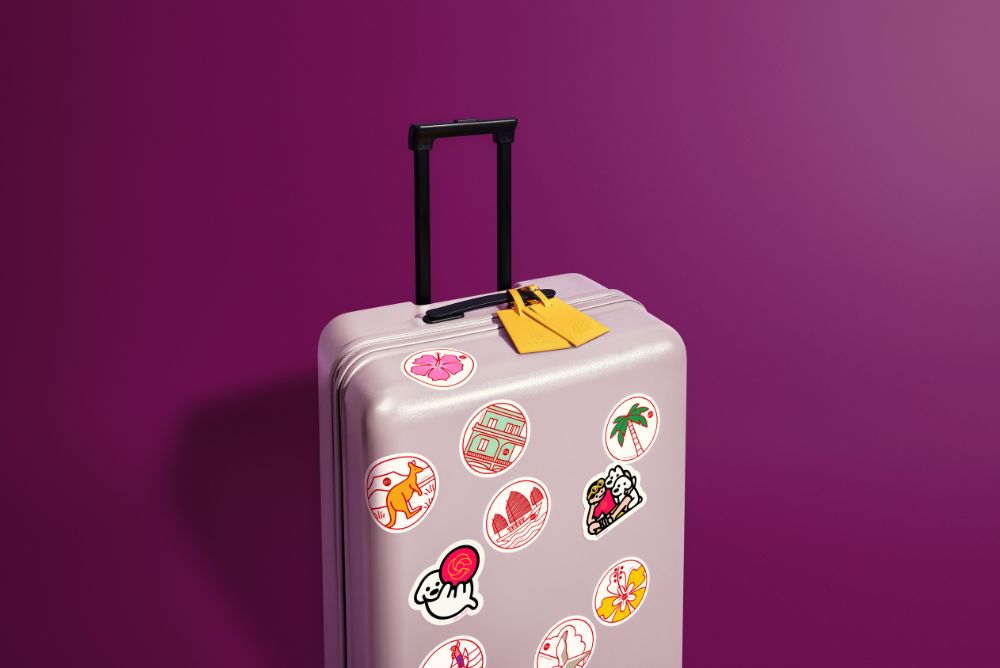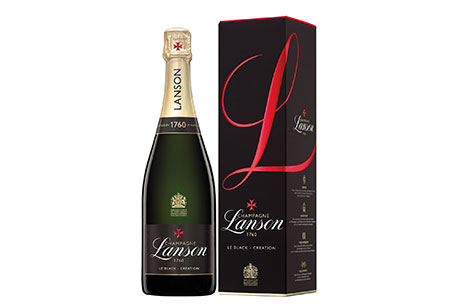LCC boom requires airports to ‘think clever’, says CiR
By Luke Barras-hill |
 Airport duty free and travel retailers should pay closer attention to the evolution of the low-cost carrier (LCC) market in order to optimise retail sales, according to Counter Intelligence Retail (CiR).
Airport duty free and travel retailers should pay closer attention to the evolution of the low-cost carrier (LCC) market in order to optimise retail sales, according to Counter Intelligence Retail (CiR).
In a broad analysis of the evolving dynamics of the LCC market and its likely impact on travel retailing patterns, CiR acknowledges that the market’s position as a leading driver of airport traffic requires careful monitoring.
Drawing on its State of the Nation 2017 report, CiR warns that passenger growth – which leaped to approximately 7.6bn PAX last year according to the latest preliminary results from ACI World – is no longer a guarantee of corresponding increases in retail sales.
“Without that guarantee, DF &TR operators will have to plan and research better – by country, nationality and location – just to get the same results,” commented Garry Stasiulevicuis, President, CiR.
The combination of low oil prices and recovery from the global financial crisis has fuelled the ‘boomtime’ for LCCs, with the CAGR for LCCs in the past decade springing +7.1% against growth in the total global airline market of +3.5%, CiR drawing on data from aviation economics analyst RDC points out.
KEEPING THE RETAIL TILLS ‘RINGING’
According to CiR’s Business Lounge Global Traveller Report – Low Cost Carriers Review, LCCs have outperformed their airline counterparts in every region, with Central and South America and the Caribbean witnessing the strongest gains.
Across the Americas, LCCs serve more than 300m international passengers per year – a 14% share of the market, says CiR. In 2016, the segment grew its share by +13.5%, compared with +6.8% in the regular carriers group.
In Europe, the dominance of LCCs is striking, with airlines such as easyJet and Ryanair both ranking within the top five for passengers carried, with the latter exceeding 100m PAX per year.
According to the latest information from ACI Europe, approximately 47% of Europe’s airports are loss making, which underlines the increasingly important role that LCCs play in contributing vital revenues at many regional airports.
This role, CiR says, has helped to keep the “retail tills ringing”, as the model has evolved from the simple ‘no frills’ associations of the past.
“The fact is that without LCCs, these airports would struggle even more, financially,” explains Stasiulevicuis.
“It is already the case that regional airports can hardly make ends meet as their infrastructure costs are often fixed – they have to maintain a runway to high safety standards, for example, even if they only have a few flights daily.”
‘20% OF AIRPORTS MAKE MONEY’
The result, CiR says, is that approximately 20% of the globe’s airports actually generate healthy returns, and most of this is consigned to the big hubs.
“It is worth noting that the world’s top 10 airports account for 20% of all passengers – while the top 20 airports account for 31% of all global traffic,” says Stasiulevicuis, referring to CiR’s State of the Nation 2017 report.
“This concentration is set to grow and the issue for smaller regional ‘alternative’ airports is that LCCs have started to gravitate to larger airports serving the same catchment area, as this is more convenient for customers.”
The move of LCCs towards larger airports marks an interesting turnaround from the days of old, notes CiR.
Similarly, LCCs have come to the rescue in cases where national carriers have pulled out or ceased operations altogether, an example being the collapse of Hungarian flag carrier Malev in 2012, with Ryanair and WizzAir filling the void at a time of notable investment from Gebr. Heinemann in its retail stores.
“As well as the trend to larger hubs – which they used to avoid because of their higher costs – the rise in long-haul LCCs also looks like it might persist after many false starts over the years,” says Stasiulevicuis.
“Norwegian Air’s popular transatlantic service from the UK has won over thousands of customers and spurred IAG into launching its own competing airline.”
STIFFER COMPETITION IN LONG HAUL
While several cost and operational factors have in general kept LCCs out of the long-haul market, the signs are that this could now be changing if more airlines follow the Norwegian model, notes CiR.
It says the carrier launched its first low-cost, long-haul flights to the US in 2014, and now serves eight US destinations.
“It seems that passengers can’t get enough of Norwegian’s Europe to US services – an indicator that they as consumers are becoming more cost savvy and aware, something that is fast filtering into travel shopping habits,” continues Stasiulevicuis.
“LCCs are now competing on a more equal footing with legacy carriers in the eyes of travellers. With British Airways deciding to charge for food and drink on short-haul routes – and considering doing the same thing on long haul – passengers are seeing less of a difference and increasingly choosing on pricing.”
CiR concludes by identifying the convergence of full-service operators that offer lower prices, with LCCc that divide into ‘value’ and ‘ultra low-cost’ segments, means a blurring of the offer and commoditisation.
Stasiulevicuis concludes: “This value-based offering is great for the new middle classes in developing markets like China and India wanting to go abroad, but will they also want the traditional high-end, high-price products that the FD&TR business has served up for so long?”
Alcohol insights: Conversion up, spend down in Q4
Conversion of visitors in the alcohol category in duty free has risen to 54% in Q4 2023,...
Men buy and spend more in travel retail says new research by m1nd-set
Men have a higher conversion rate and spend more when shopping in travel retail, says new...
Saudia Arabia's KKIA unfurls T3 duty free expansion
King Khalid International Airport (KKIA) has unveiled the first stage of its much-vaunted duty...
-
 International,
International,Alcohol insights: Conversion up, spend down in Q4
-

-
 International,
International,Saudia Arabia's KKIA unfurls T3 duty free expansion

In the Magazine
TRBusiness Magazine is free to access. Read the latest issue now.

 Trbusiness. The travel retail Trbusiness. The magazine for global retail and duty free professionals.
Trbusiness. The travel retail Trbusiness. The magazine for global retail and duty free professionals.
























